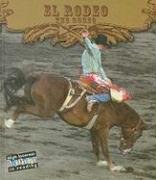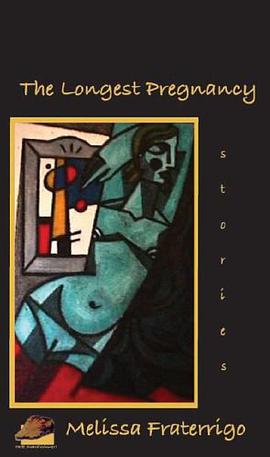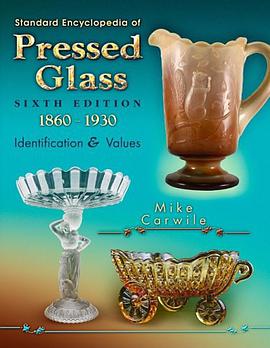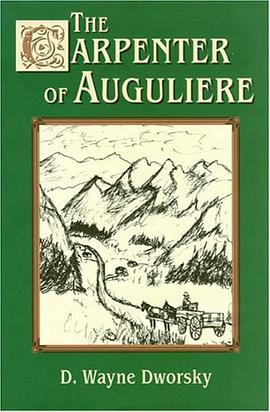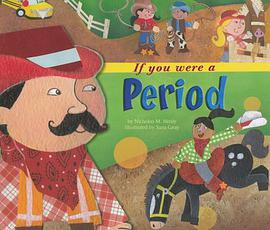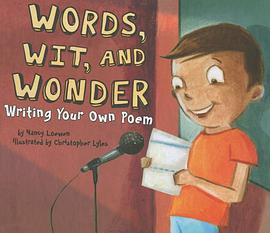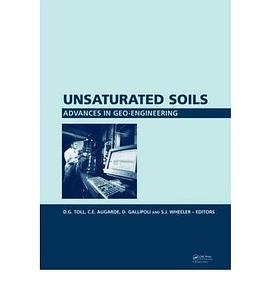
具体描述
Amazon.com Polly Holliday of TV's Home Improvement won a Tony nomination on Broadway playing Big Mama in Cat on a Hot Tin Roof, and she makes Clarice, the matriarch of Kaye Gibbons' Civil War story On the Occasion of My Last Afternoon, sound very big of voice indeed. Clarice is the slave who really runs things on Virginia's Seven Oaks plantation, no matter what her nasty, brutish owner, Samuel P. Tate, might think. Holliday has a good time voicing Tate's fulminations, too, neatly distinguishing them from the heroine-narrator Emma Tate's rather daintier dulcet tones. Not that Emma can't be wicked in her own way: she describes a snobbish socialite, "aggressively plain in the face ... who effused through the front door and into the arms of everyone simultaneously." Ms. Holliday puts as much sly violence into that "effused" as she does into Mr. Tate's rages. Everyone who read Charles Frazier's Cold Mountain should consider reading On the Occasion of My Last Afternoon, the poetically charged fictional reminiscences of Emma Garnet Tate Lowell, circa 1842-1900. For one thing, it was Frazier's already-published friend Gibbons who, with Frazier's wife's connivance, pried Cold Mountain from his grip and got it into publishers' hands. But beyond their Civil War setting--a first for Gibbons, who's noted for 20th-century tales--the two books share resonant Southern literary accents, characters with similarly obstinate responses to enormous grief, and a shivery sense of history's stark shadow falling across everyday events. Oprah Winfrey twice recommended Gibbons' fiction (Ellen Foster and A Virtuous Woman), and Walker Percy compared her to Faulkner. Oprah probably liked Gibbons's heroines for their plucky refusal to buckle under oppression--a trait shared by Gibbons herself, who triumphed over the manic-depressive illness that drove her mother to suicide. Our heroine, Emma, shivers under the tyranny of her plantation daddy, Mr. Tate, who slits the throat of a slave who talks back to him and just might do the same to his half-dozen children. There is no enormity of which he is incapable, this bellowing Simon Legree with an autodidact's education and a self-made man's bottomless urge to rise above his raising. He is, as he might have thunderingly put it, "a pluperfect son of Satan." Only Clarice can fight Samuel Tate to a verbal draw and prevent slave uprisings on the eve of the war. Clarice helps save Emma, as does Emma's impeccable swain Dr. Quincy Lowell, who sweeps in like a cool Boston breeze to dispel the dismal tidewater miasma. The war, alas, brings a tsunami of blood, forcing Dr. Lowell to make Emma a de facto battlefield surgeon, an occasion he recognizes by fashioning a bit of commemorative jewelry for her from a dead man's silver filling and inscribing the date with a finger-amputation tool. One aspect of Gibbons' Frazier-esque orgy of historical research for the book is an authentic feel for the grotesqueries of the period. One craves for Emma's hubby and daddy to swap five percent of each others' respectively perfect and perfectly awful souls--the book is not big on startling character revelations. What makes it work, despite its binary morality, is the grace and rumbling life of the narrator's language. The book, which has its sometimes anachronistically enlightened head in the New South and its feet firmly planted in the past, deserves a place next to Russell Banks' John Brown novel Cloudsplitter. At points, it reads like a smarter, nonracist Gone with the Wind, only less windy.--Tim Appelo --This text refers to an out of print or unavailable edition of this title. From Publishers Weekly A plea for racial tolerance is the subtext of Gibbons's estimable new novel, her first foray into historical fiction. Like her previous books (Ellen Foster, 1997, etc.), it is set in the South, but this one takes place during the Civil War era. Now 70 and near death, Emma Garnet Tate begins her account by recalling her youth as a bookish, observant 12-year-old in 1842, living on a Virginia plantation in a highly dysfunctional family dominated by her foulmouthed father, a veritable monster of parental tyranny and racial prejudice. Samuel Tate abuses his wife and six children but he also studies the classics and buys paintings by old masters. Emma's long-suffering mother, of genteel background and gentle ways, is angelic and forgiving; her five siblings' lives are ruined by her father's cruelty; and all are discreetly cared for by Clarice, the clever, formidable black woman who is the only person Samuel Tate respects. (Clarice knows Samuel's humble origins and the dark secret that haunts him, which readers learn only at the end of the book.) Gibbons authentically reproduces the vocabulary and customs of the time: Emma's father says "nigger" while more refined people say Negroes. "Nobody said the word slave. It was servant," Emma observes. At 17, Emma marries one of the Boston Lowells, a surgeon, and spends the war years laboring beside him in a Raleigh hospital. Through graphic scenes of the maimed and dying, Gibbons conveys the horror and futility of battle, expressing her heroine's abolitionist sympathies as Emma tends mangled bodies and damaged souls. By the middle of the book, however, Emma's narration and the portrayal of Clarice as a wise and forbearing earthmother lack emotional resonance. Emma, in fact, is far more interesting as a rebellious child than as a stoic grown woman. One finishes the novel admiring Emma and Clarice but missing the compelling narrative voice that might have made their story truly moving. Copyright 1998 Reed Business Information, Inc. --This text refers to an out of print or unavailable edition of this title. See all Editorial Reviews
作者简介
目录信息
读后感
评分
评分
评分
评分
用户评价
相关图书
本站所有内容均为互联网搜索引擎提供的公开搜索信息,本站不存储任何数据与内容,任何内容与数据均与本站无关,如有需要请联系相关搜索引擎包括但不限于百度,google,bing,sogou 等
© 2026 qciss.net All Rights Reserved. 小哈图书下载中心 版权所有


